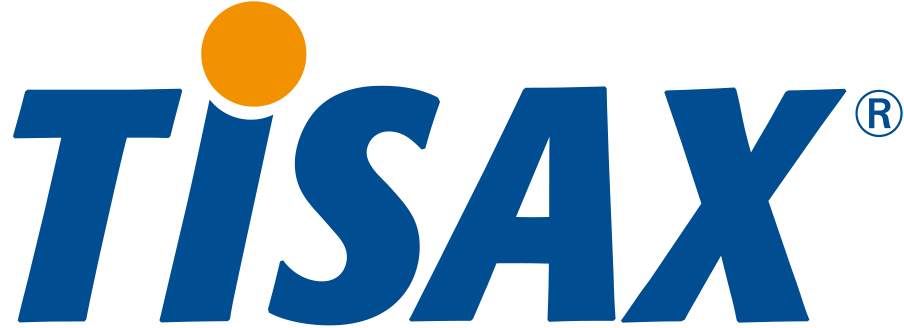Ethical considerations in AI decision-making are paramount as AI systems become more integrated into various sectors. Addressing bias, ensuring transparency, protecting privacy, maintaining accountability, and understanding the societal impact are critical components of ethical AI. These considerations help build trust and compliance and create sustainable and fair AI applications.
Bias and Fairness
Bias in AI is a vital ethical issue where decisions made by AI systems may reflect prejudices present in the training data or algorithms. For instance, facial recognition technology has shown higher error rates for minority groups, highlighting the potential for discriminatory outcomes. A study by the National Institute of Standards and Technology (NIST) found that false-positive rates for Asian and African American faces were significantly higher than for Caucasians. This bias can arise from unrepresentative training data or biased algorithmic design. Strategies to mitigate bias include using diverse and representative datasets, regular algorithm audits, and implementing fairness-aware algorithms.
For example, IBM has developed an AI Fairness 360 toolkit to help developers detect and mitigate bias in AI models, ensuring more equitable outcomes across different demographics.
Transparency and Explainability
Transparency and explainability are crucial for fostering trust in AI systems. Stakeholders can only validate or challenge the outcomes by understanding how AI makes decisions. This is particularly important in high-stakes areas like healthcare and finance, where unclear decisions can have serious consequences. Techniques to achieve explainability include:
For example, the European Union’s General Data Protection Regulation (GDPR) mandates the right to explanation for automated decisions affecting individuals, promoting transparency in AI applications.
Privacy and Data Protection
Privacy concerns in AI revolve around the ethical use and protection of personal data. AI systems often require vast data, raising data security and individual privacy issues. The global cost of data breaches averaged $4.45 million per incident in 2023, highlighting the importance of robust data protection measures.
Approaches to ensure data privacy include anonymizing data, using differential privacy techniques, and implementing strict access controls. Regulations like the GDPR and the California Consumer Privacy Act (CCPA) set strict requirements for data protection, compelling organizations to adopt comprehensive privacy measures.
Accountability and Responsibility
Determining accountability in AI decision-making is complex but essential for ethical AI deployment. Questions about who is responsible when AI systems make errors or cause harm need clear answers. Legal frameworks and organizational policies must define accountability mechanisms. For instance, the European Commission’s proposal for AI regulation outlines specific obligations for AI providers and users, emphasizing accountability throughout the AI lifecycle.
These frameworks help allocate responsibility, ensuring that AI system developers and operators are accountable for organizations and decisions.
Impact on Employment and Society
AI’s impact on employment and society is profound, with automation threatening jobs and creating new opportunities. Goldman Sachs economists predict that AI could automate over 300 million jobs globally. This shift requires proactive measures to manage workforce transitions, such as reskilling programs and social safety nets. Companies like Amazon have invested heavily in upskilling employees to prepare for AI-driven changes. Societal implications of AI also include ethical considerations around the equitable distribution of AI benefits and preventing exacerbation of existing inequalities. Addressing these impacts requires a holistic approach involving policymakers, businesses, and educational institutions working together to create inclusive and sustainable AI ecosystems.







